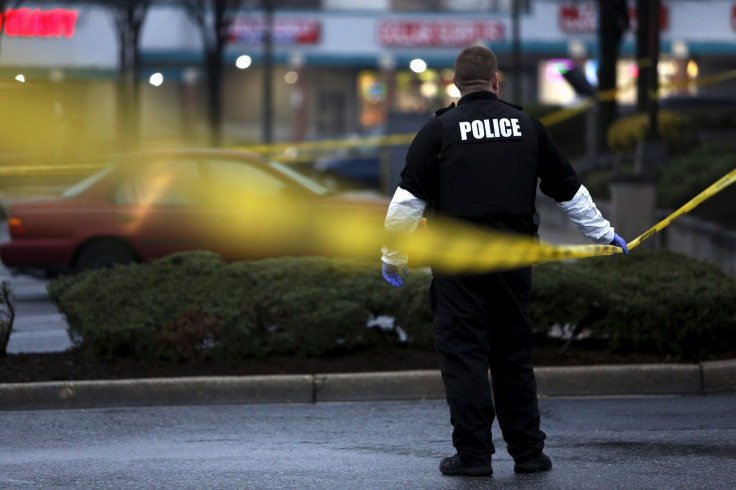Police-Related Deaths: More Law Enforcement Officers Buying Insurance, Afraid Of Lawsuits, Union Says

Amid a breakdown in relations between some law enforcement and the communities they police, the Fraternal Order of Police said officers are increasingly buying liability insurance policies because they're afraid they will be sued for their actions while on duty, Reuters reported Thursday.
“In an already litigious society, the likelihood of a police officer being sued or charged, often falsely, grows by the day,” FOP Executive Director Jim Pasco told Reuters. “Officers are increasingly aware of the need to be protected and joining the FOP legal defense plan in growing numbers.”
While liability insurance purchases from the union had grown about 1 to 3 percent yearly before 2014, the number of purchases increased 15 percent between July 2014 and July 2015, according to data from the largest police union in the U.S. Police have been under increased scrutiny in recent years because of a number of high-profile cases of civilians, including many blacks, being killed by police.
Some families of those shot by police have filed wrongful death lawsuits, including the family of Michael Brown, an African-American teenager whose 2014 shooting death in Ferguson, Missouri, at the hands of a white police officer — and the decision not to indict the officer, Darren Wilson — caused massive civil unrest in the city and sparked protests across the nation. Criminal cases have stemmed from some of these shootings, including that of South Carolina police officer Michael Slager, who is accused of fatally shooting Walter Scott, a 50-year-old African-American man, in 2015.
More cops buying insurance in case of lawsuits: Police union https://t.co/pFmH4RqBco pic.twitter.com/pmDYK2TG9s
— MetroPhilly (@MetroPhilly) March 17, 2016
The FOP insurance would not protect officers from being prosecuted but would cover their legal fees, Reuters reported. Some including FBI Director James Comey have said that police officers are afraid of doing their jobs because of increased scrutiny of their actions, and that this has led to an increase in crime — an idea known as the “Ferguson Effect.” Many, including U.S. Attorney General Loretta Lynch, have said no data backs up this theory.
© Copyright IBTimes 2025. All rights reserved.





















